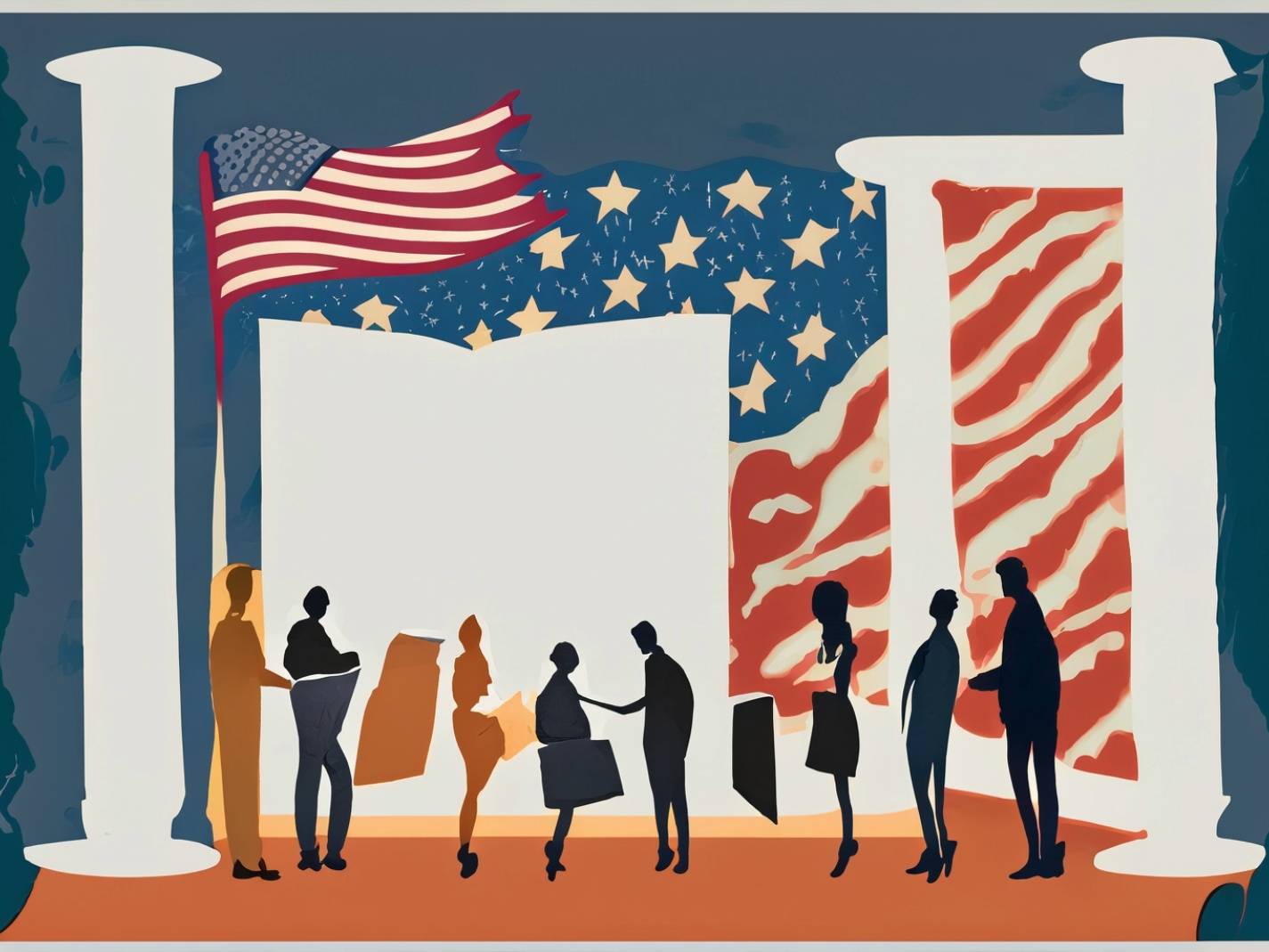
As a countermeasure to action civics, which aims to convert the “traditional subject of civics into a recruitment tool of the progressive left,” it is crucial for students to engage in civic behavior actively. This behavior, rooted in a nonpartisan American pluralism, accentuates the rights and duties of citizenship in various spheres-school, home, community, and nation. This is not just a minor aspect but a significant emphasis at the state level working for particular bits of policy change, both for social study standards and for legislation.
The American civics educational tradition gives very specific directions as to what citizens’ rights and obligations are to each other and to their governments and how they should be practiced. Unfortunately, civics has lost its punch in 21st-century America. Without civics, citizens have no compass. Without an understanding of America’s civic tradition students—who become citizens—are often confused as to what their principles are and how they should practice civics.
American civics has its roots in Athenian democratic government practices, which began in the last decade of the sixth century B.C. and flourished for 200 years. Cleisthenes first instituted these reforms, “the man who gave the Athenians their democracy.”[1] In 431 B.C., Pericles could claim that Athenian democracy was unique and should serve as an example for governments as “it serves the interests not of a privileged few but of the bulk of its citizens.”[2] His eloquent advocacy of “government of the people, by the people, and for the people” is both the original and best statement of what democracy should be. Pericles valued the novelty and fragility of this grand experiment in the practice of citizen participation.[3]
On the 200th anniversary of the American Revolution, David Mathews, Secretary of the Department of Health, Education, and Welfare, noted, “Today, we seem to be witnessing in this country a mass alienation of the people with their government.”[4] Nearly fifty years later, this identical observation is in order. America goes through cycles where citizens seem to lose their sense of what their civic role is. A citizen’s role includes rights, obligations, duties, and responsibilities that must be practiced! Redirecting American democracy will require concerted citizen action.
“Practice makes perfect.” Who would want a kidney transplant from a physician who had not practiced the procedure many times? The baseball icon, Ted Williams, in The Science of Hitting, sought to inspire all ball players by identifying what the batter should practice. Students practicing civic behaviors is the key guide path for a lifetime commitment to “civic and honest engagement of all ideas.”
As college students, you are at a crucial stage of life where you are striving to understand and embody American civic ideals. But what should you be doing on a day-to-day basis? You have numerous civic engagement opportunities at your disposal, and it is your active participation that can make a difference. To ignore these options is to pass the ball to issue militants. Opportunities are abundant in student and fraternal groups, student housing, and local community organizations. Your civic practice must evade the recruitment attempts of political actors, such as action civics proponents, by emphasizing Cleisthenes’ democratic ideals.
[1] David Stockton, The Classical Athenian Democracy, Oxford University Press, Oxford, 1990, page 1.
[2] Stockton, page 42.
[3] Stockton, pages 183-187.
[4] David Mathews “The Office of Citizen: An imperative for Education,” Phi Delta Kappen, September 1976, pages 70-71.
Photo by Jared Gould — Adobe — Text-to-Image
We live in a country where people think that there is a Constitutional Right to blockade interstate highways but can’t name a single right that the First Amendment actually does protect. And how many people of any political stripe have a clue as to what the Third Amendment prohibits, let alone why it was felt necessary to prohibit it?
And I am particularly sad when loud mouthed radicals, screaming “racism”, claim that the 16th Amendment prohibits something. The 13th, 14th, or 15th — maybe — but the amendment that authorized the income tax? Seriously?!?
Much as you can’t teach Physics without Math, you can’t teach Civics without FACTS.
Dates help — it does make a difference that the US Constitution was written in 1787 and not 1987 — but if people don’t know the basic facts of things like three branches of the federal government (or what a “federal” government *is*), all civics can be is screaming very loudly for the popular cause de jour. It becomes like, well, the French Revolution….
I would much rather have college students learning about the issues related to the Impeachment of Justice Samuel Chase — both sides of that issue including his charge to the Baltimore Grand Jury — than to be screaming for the Impeachment and incarceration of President Biden or President Trump.
Part of me would also like to see President Tulsi Gabbard, but I digress….
Much as you can’t teach what you don’t know, you also can’t practice what you don’t know. Without a solid foundation in Civics, I’d really prefer that people not even vote because elections are supposed to be about more than who has the better hairstyle…